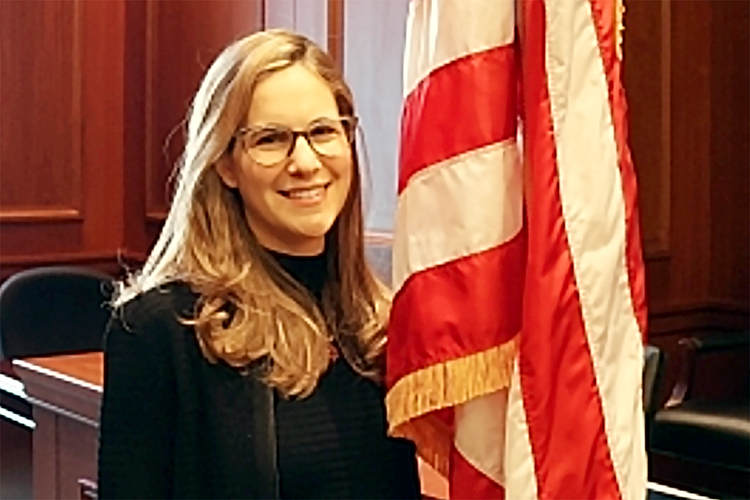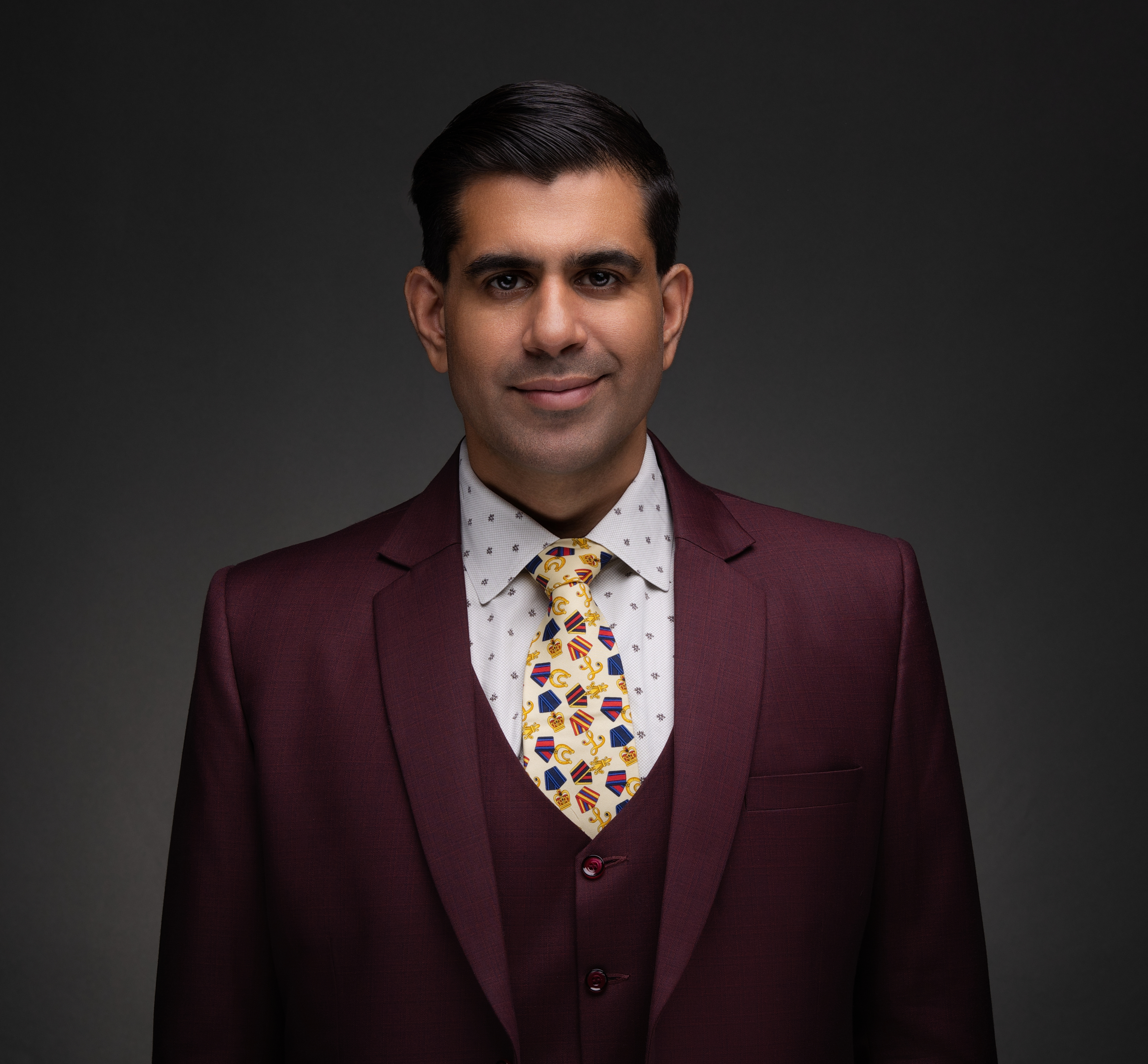Lawyer lied about cancer to get case delays and justify LSAT score, ethics complaint alleges

An Illinois ethics complaint alleges that a Chicago civil rights lawyer falsely claimed he and a nonexistent son had stomach cancer in a series of false statements that began when he applied to the University of Chicago Law School.
The amended ethics complaint filed on Feb. 8 claims that Vincenzo Field made his fake cancer claims to courts as well as the law school. He is also accused of lying to his former firm, Loevy & Loevy, about securing an expert witness who was supposedly unable to work because his daughter was hit by a car. The American Lawyer has coverage, and the Legal Profession Blog notes the complaint.
Ethics regulators allege that Field told the law school he received a score of 158 the first time he took the Law School Admission Test because he recently had surgery for a stomach cancer called leiomyosarcoma. He received a 173 on a later LSAT taken after he received a clean bill of health, Field allegedly told the school. Field won admission to the school.
Field relied on a tumor-surgery excuse in August and October 2013 when explaining the need to delay discovery in a civil rights case, and again in a different case in December 2015 when he sought a discovery extension. He also sought a delayed deadline to file a court document in the first case, falsely saying he had to fly to Montreal for a funeral.
In a third case in July 2016, Field told lawyers representing the government his son was to undergo surgery and he would need a time extension. He later said his son suffered from leiomyosarcoma. Field did not have a son.
In August 2016, Field told the court in the third case that he had made false statements, but “this is something that I have never done before.”
In an answer to the original disciplinary complaint, Field’s lawyer said he used the cancer excuse in his law school application because he suffered from depression, requiring him to take a leave of absence from his studies and affecting his ability to perform on the LSAT.
He admitted many of the other factual allegations, with some exceptions. He refused to admit that he acted in bad faith or with intent to mislead, and he refused to admit that he did not have a serious illness. He also disputed conclusions that he violated legal ethics rules.
Write a letter to the editor, share a story tip or update, or report an error.


